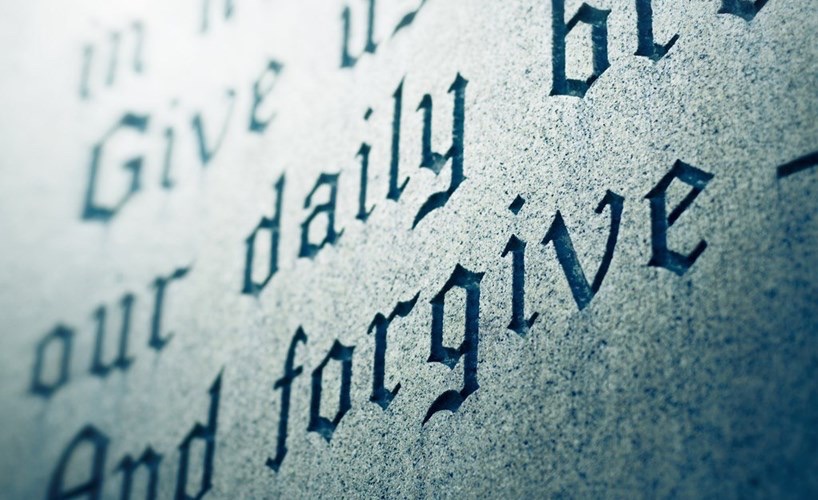
Even though it sometimes vanishes from my mind (my mind only has so much space, and the number one priority goes to K-Pop), forgiveness usually feels like such a fundamental part of our society. It seems impossible to eliminate it if I want to maintain pleasant relationships with others (which I do). Quite the opposite of what I would expect, forgiveness is usually treated flippantly, especially because I'm a teenager.
I constantly find myself apologizing for small things, like missing a volleyball, or eating the last cookie even though I baked them, and I've noticed a lot of other people also do this. I usually get a response that is nonexistent, or a nod, which is fine in minor situations. However, even when I apologize for deeper, more serious actions, I feel like the response is so normalized. It's always, "It's fine," or "You're good." It's like I've apologized for an ocean's worth of troubles, and the response is a tide pool of forgiveness. Which is to say; it's shallow.
Forgiveness is so much deeper than that tide pool, and if I apologize for insulting someone over something they have spent years working for, it's not something to dismiss. Forgiveness requires more than just the action. There needs to be a recognition that someone was hurt, or a recognition of whatever action caused the hurt (in some cases—don't make eating the last cookie this deep). I wish more people communicated with me about their frustration. It helps create bonds through facilitating a deeper understanding of insecurities and emotion.
I wish people would forgive me more often. I wish people would ask for forgiveness from me. I wish people would talk with me about their frustration. I wish I could tell people about my frustration without worrying that I appear rude. Most of all, though, I wish I could eat the last cookie in peace, but I guess that's the consequence of sisters who haven't learned the lesson of forgiveness....





